'It's time for a new chapter': The new CDC director has a plan to fix the agency’s trust problem
When Dr. Mandy Cohen walked into the headquarters of the Centers for Disease Control and Prevention in Atlanta less than two weeks ago, she knew trust in America's top health agency was broken.
Attacks on the agency's scientific data and sometimes confusing public policy guidance were coming from Washington lawmakers, social media and people across the country.
In her first media interview as the new CDC director, Cohen said she is refocusing the agency on rebuilding faith with more transparency and improved communication and by "bringing the best evidence that we possibly can" to the public.
"It's an everyday, tactical plan," she said.
"Trust" was the focus of the first meeting she had with CDC staff members. She said trust was the foundation of the hard work the agency faces as it moves forward from missteps made during the pandemic.
"If we want folks to trust us — and we do — we have to work together differently, and we have to trust each other as we're doing that work," she said.
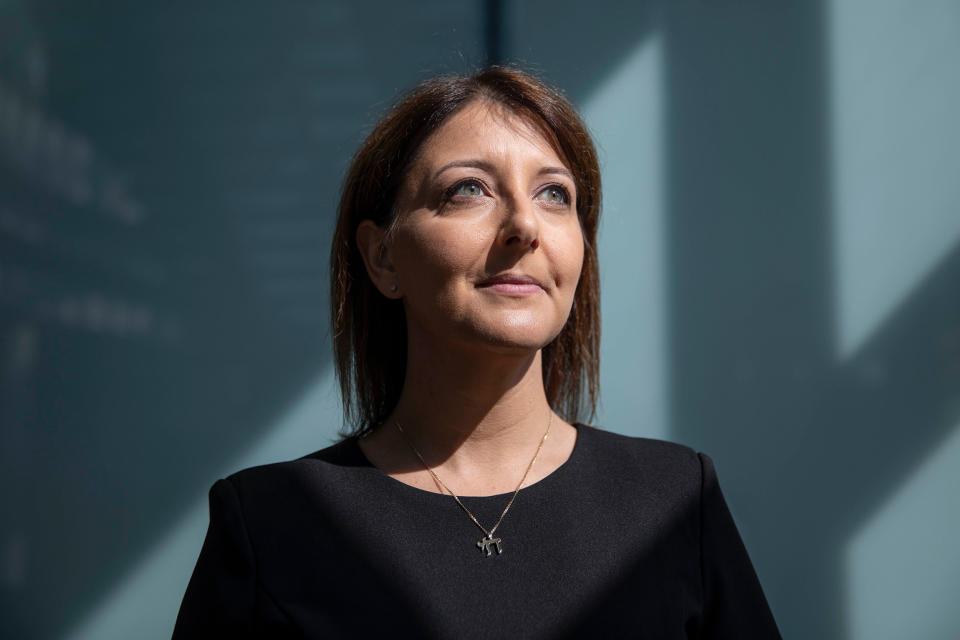
"We have to first make sure that we are building trust with the American people, and I know some of that trust was lost in the last few years," she said. "But I'm here to refocus the organization on building that trust, and I think trust can have an intentional plan. And if you use transparency and really good execution, deliver what you say you're going to do and you do it transparently and you communicate well, I think you can build trust."
The CDC faces millions of dollars in proposed budget cuts because of last month's negotiations about the limit on federal debt. Cohen has already taken the first step in building — or repairing — the CDC's embattled relationship with Washington. On Wednesday, she spent time with both Republican and Democratic lawmakers on Capitol Hill. She is listening to concerns, with the goal of convincing critics that "things will be tangibly different."
"It's a bipartisan issue to make sure that our country is safe and protected," she said. "They're the ones that are investing behind the CDC, and I want them to understand what an important national security asset is here at the CDC."
But she also learned that the work CDC does is sometimes either misunderstood or unknown.
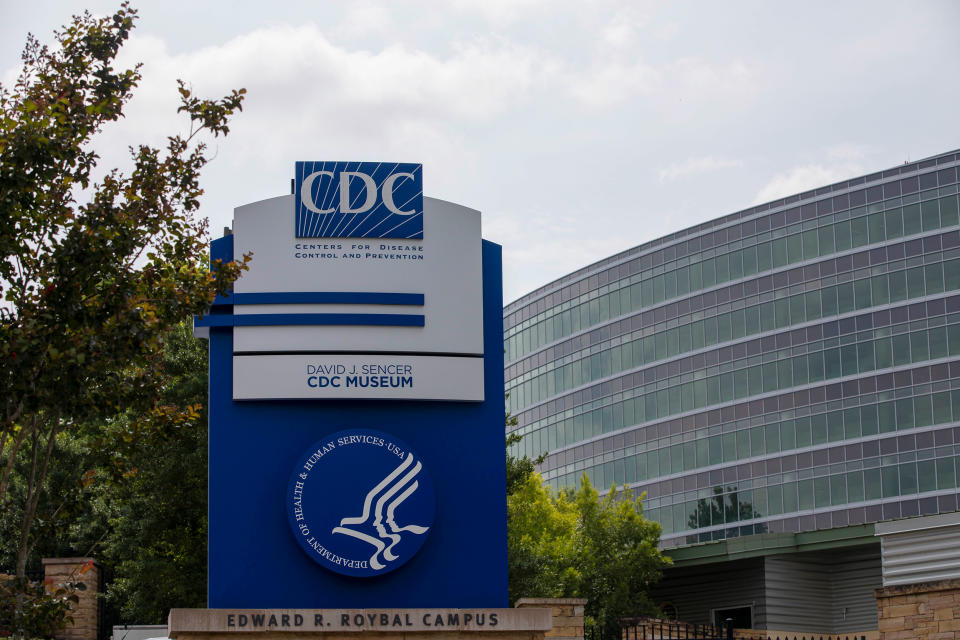
"What I heard from folks was: 'We understand that the CDC is important, but we need to see more about what they do. We need to understand it better,'" she said.
Cohen, a Democrat, taps into her previous role as North Carolina's secretary of health and human services when she works with politicians. One of her goals when she started in that position in 2017 was to work with conservatives to expand Medicaid in the state. (The expansion was signed into law in the spring.) She was also the face of daily Covid briefings. Her down-to-earth guidance was met with little political pushback.
Fighting vaccine misinformation
That ability to communicate clearly and effectively will be key as she faces ongoing health threats of vaccine misinformation and conspiracy theories about the Covid vaccines and other vaccines, as well as scathing criticisms from presidential hopefuls.
Florida Gov. Ron DeSantis, a Republican, has publicly questioned whether CDC scientists should be trusted, and Robert F. Kennedy Jr., a Democrat, has accused the CDC, without evidence, of lying about Covid vaccines.
The best way to ease doubts is with clear and stable communication.
"You're going to hear us with some key messages, making sure that folks hear them over and over," she said.
The strategy: "Be accurate, be simple, and be repetitive."
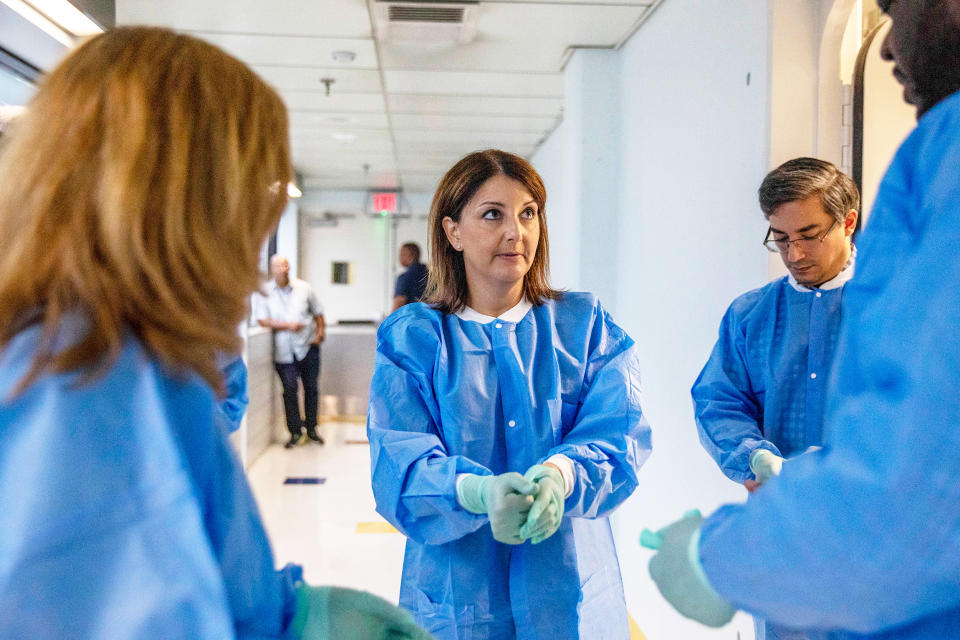
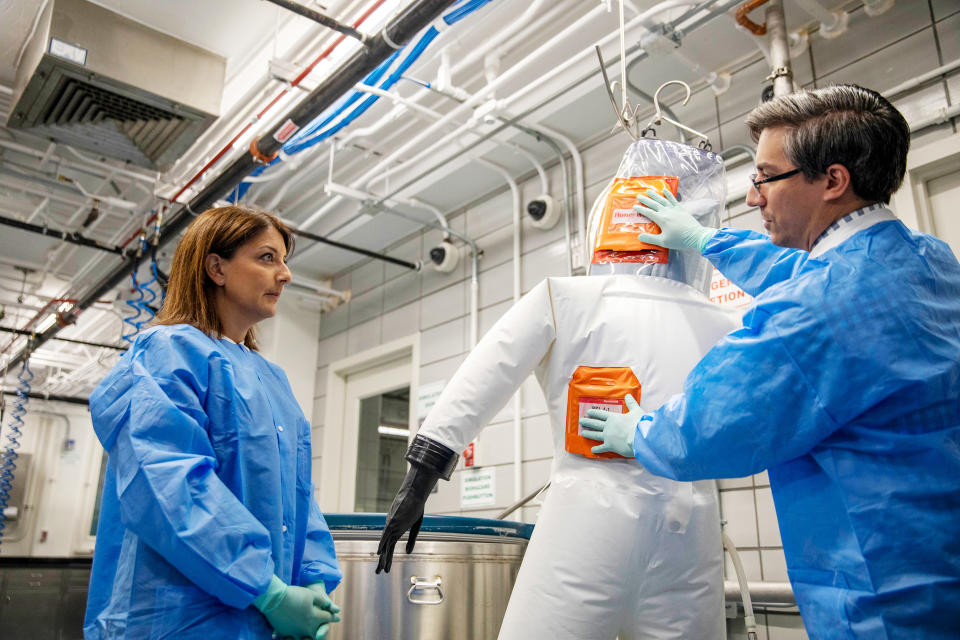
One lesson she learned as North Carolina’s health secretary is that she is not always the best conduit for public health guidance. Her team sometimes turned to faith leaders, NASCAR drivers, even TikTok influencers to get scientific information to the public.
"Certainly, the science and the data is going to come from the CDC. But there are many messengers who are trusted," she said. "This is a team effort."
In her first few weeks, Cohen is not getting a summer break. Much of the U.S. is caught in an unrelenting killer heat wave. The country has faced its first outbreak of malaria in 20 years, and opioid-related deaths are still rising. There are also concerns about another winter surge of respiratory viruses, including Covid, flu and RSV. Whether it is about a virus, a fire or a flood of mosquito-borne illnesses, a big priority of Cohen's is investment in data.
Already underway is a re-evaluation of the CDC's webpages to make sure the information available to people is clear and understandable, Dr. Dan Jernigan, the director of the CDC’s National Center for Emerging and Zoonotic Infectious Diseases, said in a media briefing this week. "There are other efforts, as well, to get our data out more quickly," Jernigan said.
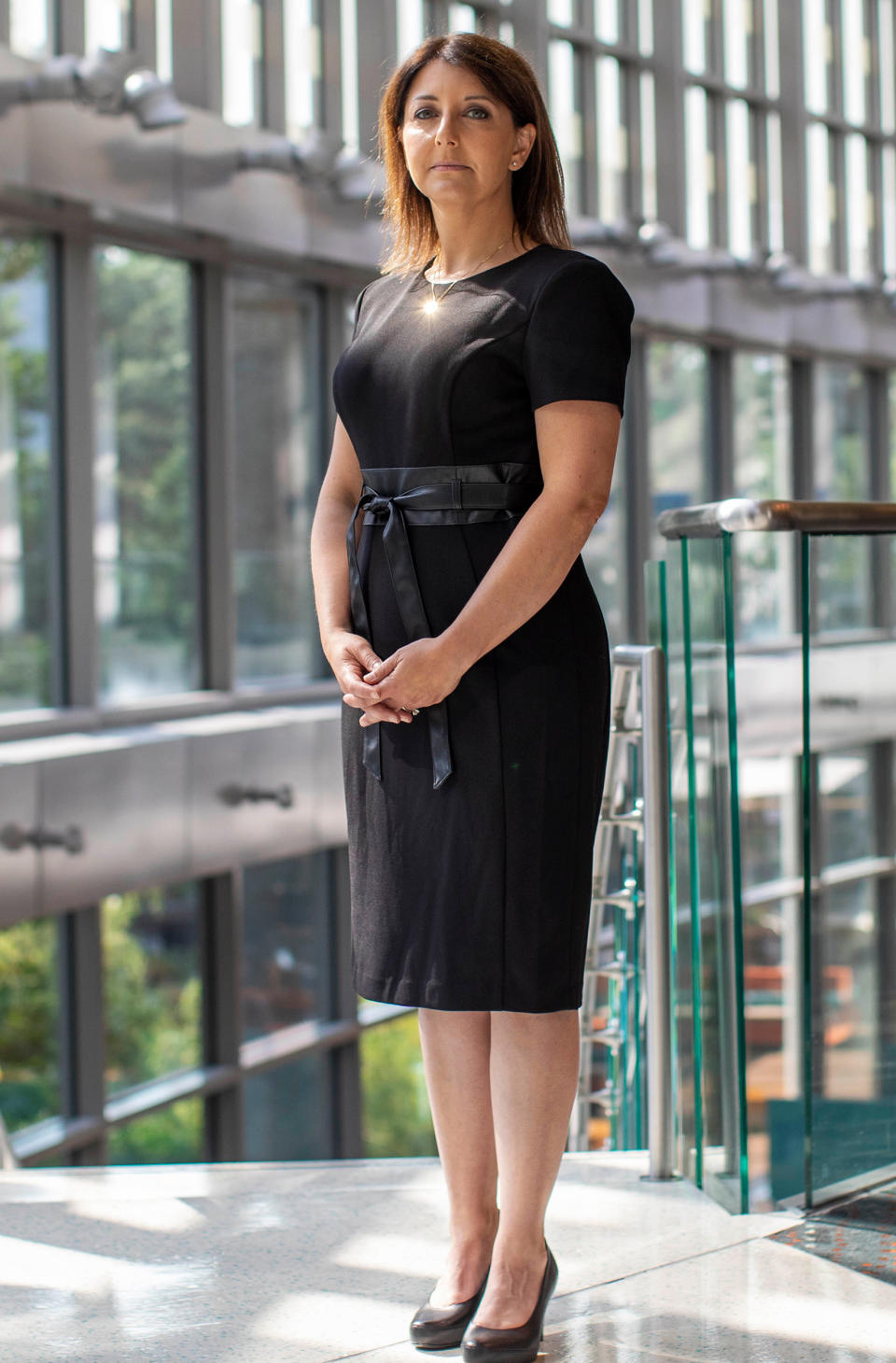
Data is "hugely important," Cohen said. "You can't solve problems you don't see, and having data helps you see where your problems are and then deploy resources." In turn, it will be critical for CDC scientists to be able to translate those issues. "We have to be crisp, clear communicators so that folks have commonsense solutions to protect their health. It sounds simple, but it's really hard."
So far, though, Cohen makes it look simple. She greets everyone she sees at the CDC warmly — from those in leadership roles to security guards. She asks them about their families and their concerns, and she speaks openly about her own. Cohen's husband and two young daughters plan to join her in Atlanta but have not yet made the move from North Carolina. "I miss them so much," she said.
But she works hard to focus instead on re-infusing a spark back into the work done at the CDC. On her first day, she played Alicia Keys and other music in the lobby to greet her new co-workers. "I like my music," she said, shrugging and smiling.
"One of my values that I bring here to work is joy," she said. "That's not just about parties and celebrations; it's about connection with the mission. But you need to have a little fun at work in order to bring your A game. I really think the American people deserve everyone's A game."
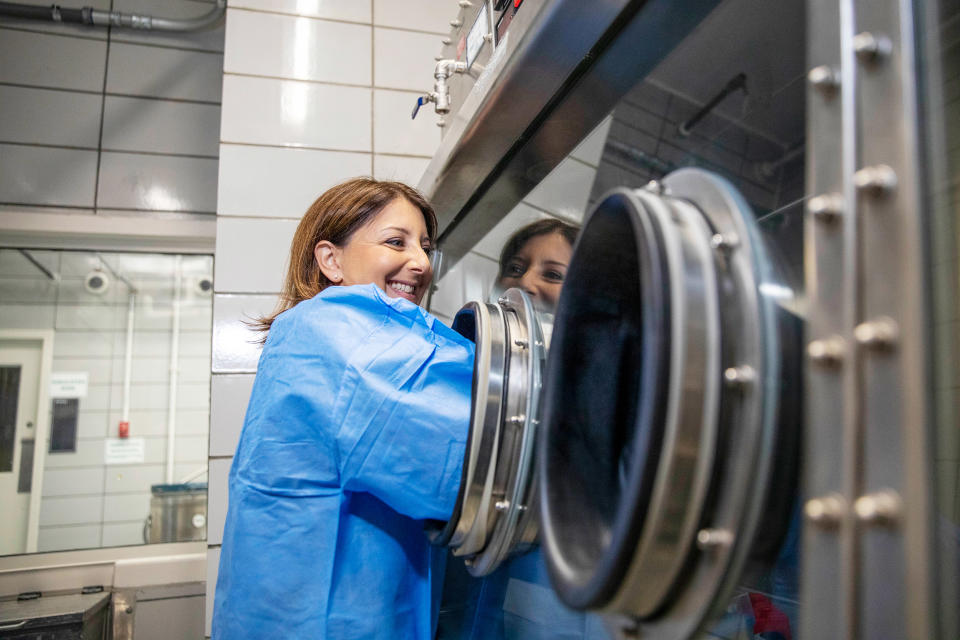
Follow NBC HEALTH on Twitter & Facebook.
CORRECTION (July 21, 8:51 a.m. ET): A previous version of this article misstated Robert F. Kennedy Jr.’s middle initial. It is F, not K.
This article was originally published on NBCNews.com


